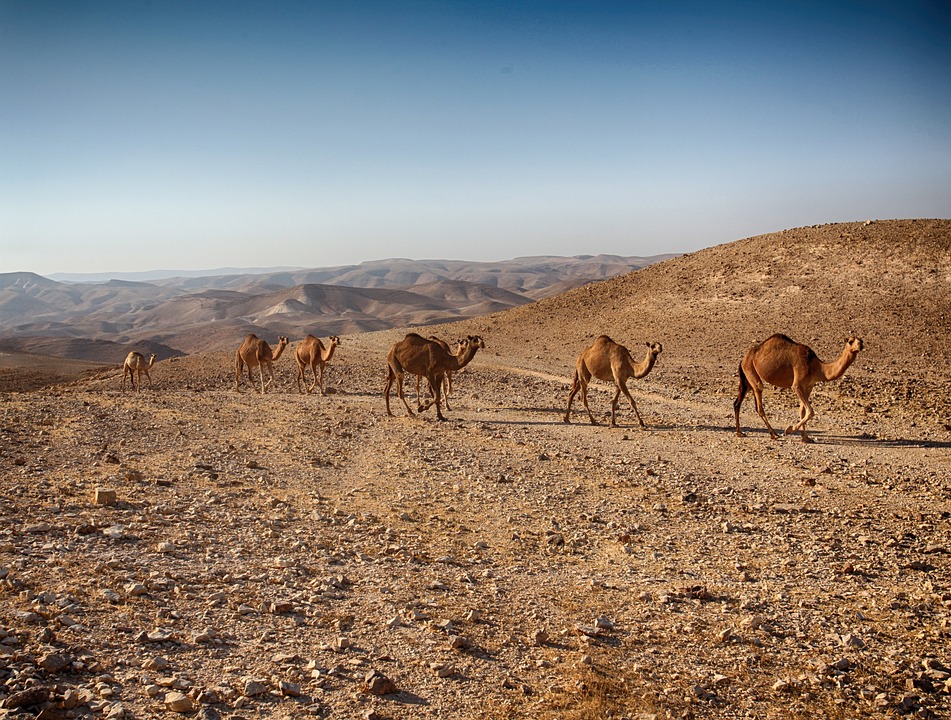Which Two Continents Have the Most Similar Climates?
Climates across the world are shaped by various factors such as latitude, ocean currents, and geography. These elements influence temperature, precipitation patterns, and seasonal variations. Some continents exhibit strikingly similar climate zones due to their comparable latitudinal positions and geographic features.
Key Factors that Shape Continental Climates
Latitude and Sunlight Exposure
Latitude plays a crucial role in determining climate. Regions closer to the equator receive more direct sunlight, leading to warmer temperatures and distinct wet and dry seasons. Conversely, areas further from the equator experience greater temperature variability throughout the year.
Ocean Currents and Proximity to Water
Ocean currents significantly affect coastal climates by regulating temperatures and precipitation. Warm currents can raise temperatures along coastlines, while cold currents can lead to cooler, drier conditions. The interaction between land and sea also creates unique microclimates.
Topography and Elevation
The physical geography of a continent, including mountains and valleys, can create varied climatic conditions. Mountains can block moisture-laden winds, leading to rain shadows where one side receives abundant rainfall while the other remains dry.
Comparing Africa and South America
Both Africa and South America exhibit remarkable similarities in climate:
– Shared Tropical and Equatorial Climates: Both continents host extensive tropical rainforests near the equator, characterized by high temperatures and significant rainfall throughout the year.
– Similar Desert Regions: The Sahara Desert in Africa shares some characteristics with South America’s Atacama Desert, both being among the driest places on Earth but differing in their specific climatic conditions.
– Impact of Mountain Ranges: The Andes Mountains in South America create diverse climates through orographic effects, similar to how the East African Highlands influence weather patterns in Africa.
– Diversity of Climates: Both continents range from tropical rainforests to arid deserts and temperate zones, showcasing a wide variety of climatic conditions influenced by their geography.
Comparing Europe and North America
Another pair of continents with similar climates includes Europe and North America:
– Shared Temperate and Continental Climates: Both regions experience temperate climates with distinct seasonal variations, including warm summers and cold winters.
– Maritime Influence: The Atlantic Ocean plays a crucial role in moderating temperatures on both continents through currents like the Gulf Stream, which keeps western Europe milder than other regions at similar latitudes.
– Variation Across East-West Axis: Both continents exhibit differences between coastal areas with maritime influences and interior regions that experience more extreme continental climates.
– Similar Seasonal Patterns: Europe and North America share comparable seasonal cycles with spring, summer, autumn, and winter patterns that influence agriculture and ecosystems.
Analyzing Other Continent Pairs
While Africa and South America stand out as having the most similar climates overall, other pairs also show notable similarities:
– Asia and Europe: Northern Asia shares climatic characteristics with Eastern Europe due to their proximity in latitude.
– Australia and Africa: Both continents feature arid climates; however, Australia has unique temperate regions that differ from Africa’s climatic diversity.
– Asia and North America: Northern regions of both continents experience Arctic climates but have less overall overlap compared to Africa and South America.
Frequently Asked Questions (FAQs)
– Why do Africa and South America have similar rainforests?
Both continents are located near the equator where warm temperatures and ample rainfall create ideal conditions for tropical rainforests.
– What causes deserts to form on different continents?
Deserts typically form due to high-pressure systems that inhibit precipitation or due to rain shadow effects caused by mountain ranges.
– How do ocean currents affect climate similarities between continents?
Ocean currents regulate coastal temperatures and precipitation patterns, influencing the overall climate of adjacent landmasses.
– Why do North America and Europe have similar climates in certain regions?
Their proximity to the Atlantic Ocean allows for similar maritime influences that moderate temperatures across both continents.
– How does latitude play a role in continental climate similarities?
Latitude determines solar exposure which directly influences temperature ranges, seasonality, and precipitation patterns across different regions.
Conclusion
In conclusion, Africa and South America are two continents with remarkably similar climates due to their shared tropical zones, diverse ecosystems, and geographic features. Europe and North America also exhibit significant climate similarities influenced by their temperate zones. Understanding these relationships is essential for comprehending global ecosystems and supporting environmental conservation efforts.

Kyle Whyte is a notable scholar and professor at the University of Michigan, holding positions such as the George Willis Pack Professor in the School for Environment and Sustainability and Professor of Philosophy. Specializing in environmental justice, his work critically examines climate policy and Indigenous peoples’ ethics, emphasizing the nexus between cooperative scientific endeavors and Indigenous justice. As an enrolled Citizen Potawatomi Nation member, he brings a vital perspective to his roles as a U.S. Science Envoy and member of the White House Environmental Justice Advisory Council. His influential research is supported by various prestigious organizations including the National Science Foundation, and disseminated through publications in high-impact journals. Kyle actively contributes to global Indigenous research methodologies and education, with affiliations to numerous institutes and societies dedicated to traditional knowledge and sustainability. Recognized for his academic and community engagement, Kyle has earned multiple awards and served in various visiting professorships. His efforts extend to leadership positions on boards and committees focused on environmental justice nationwide.
